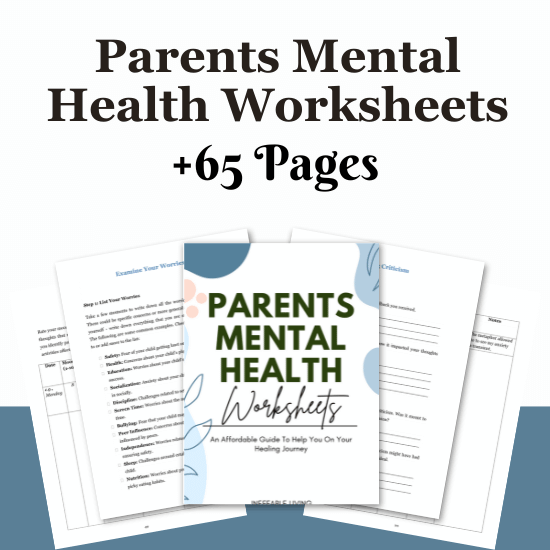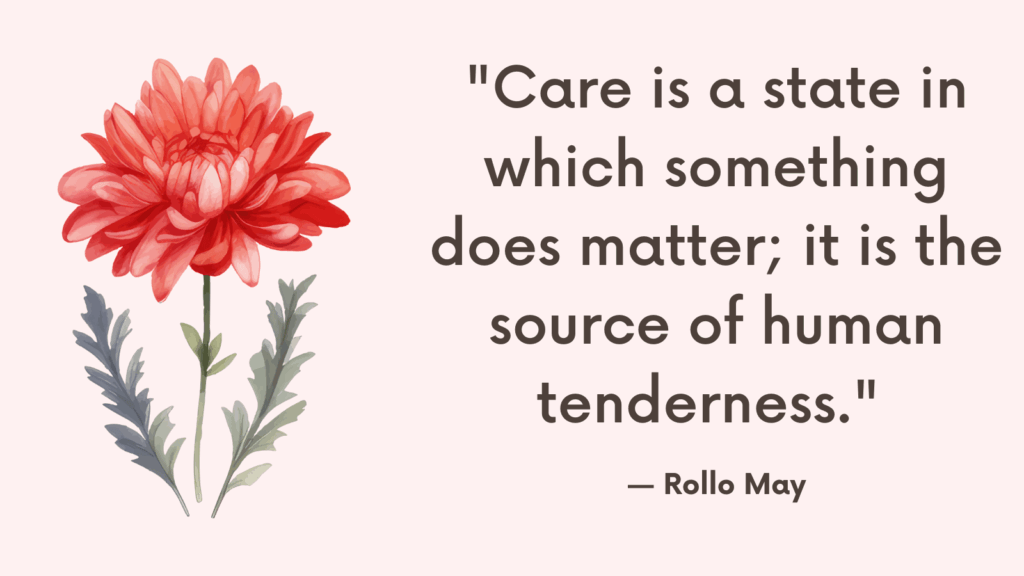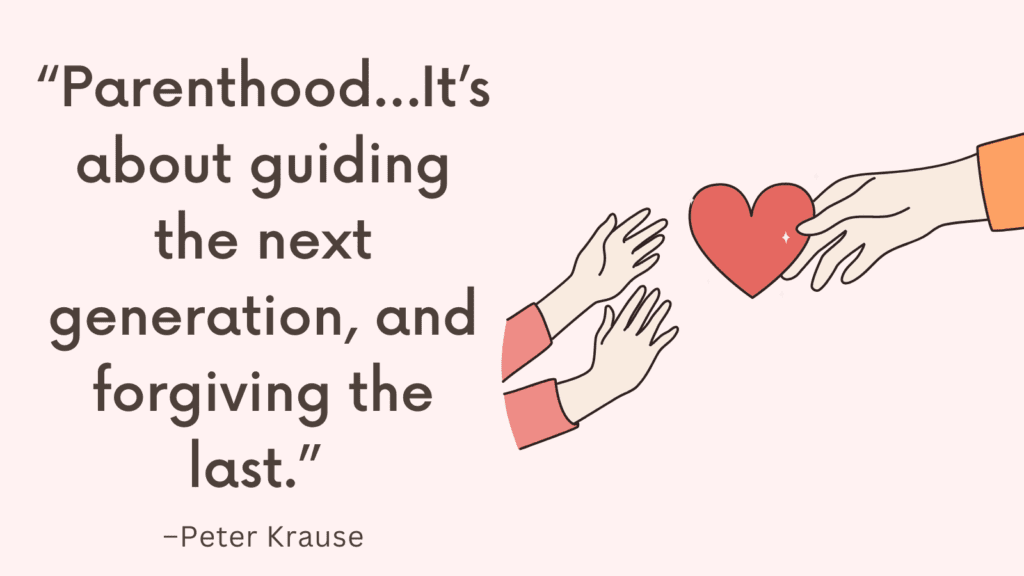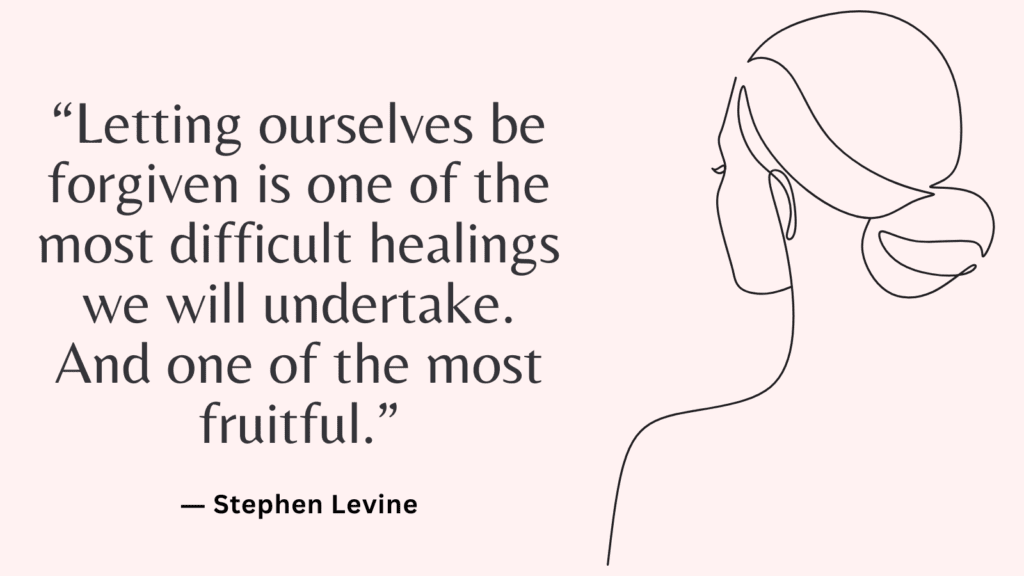Co-parenting is rarely simple. Even with the best intentions, stress, unresolved emotions, or lack of boundaries can lead to mistakes that make things harder for both parents and children. The good news is that most of these mistakes are preventable once you notice them. Avoiding them helps create stability, reduces conflict, and keeps the focus where it belongs—on the children’s well-being.
Why Good Intentions Aren’t Always Enough
Most co-parents aren’t trying to cause harm.
They’re navigating grief, change, and sometimes betrayal —
all while trying to protect their child’s sense of safety.
But unresolved emotions often hijack logic.
And when hurt goes unprocessed, it can bleed into behavior.
Mistakes in co-parenting don’t always come from malice —
they often come from untreated wounds.
10 Common Co-Parenting Mistakes and How to Avoid Them
1. Using Children as Messengers
The mistake: Asking kids to pass along information (“Tell your mom to drop you off earlier” or “Ask your dad about the money”) puts them in the middle of adult conflict.
How to avoid it: Communicate directly with the other parent through text, email, or a co-parenting app. Keep kids free from carrying emotional or practical burdens.
2. Letting Old Relationship Conflicts Spill Into Parenting
The mistake: Using parenting conversations to rehash past arguments, criticize, or punish the other parent for the breakup.
How to avoid it: Keep communication child-focused. Ask yourself: “Does this conversation benefit our child, or is it about old wounds?”
Related: Parenting Stress: How to Prepare for a Smooth Back-to-School Transition?
3. Inconsistent Rules and Routines
The mistake: Completely different rules in each household can confuse children and cause unnecessary stress.
How to avoid it: You don’t need identical homes, but try to agree on core routines: bedtime, homework, screen time, and discipline. Consistency helps children feel secure.
4. Competing for the Child’s Affection
The mistake: Trying to be the “favorite parent” by relaxing rules, buying gifts, or undermining the other parent’s authority.
How to avoid it: Remember that healthy parenting is not a popularity contest. Long-term stability matters more than short-term approval.
5. Speaking Negatively About the Other Parent in Front of Children
The mistake: Criticizing, mocking, or venting about your co-parent while kids are listening.
How to avoid it: If you need to release frustration, talk to a trusted friend or therapist—not your child. Kids should feel safe loving both parents without guilt.
6. Ignoring the Importance of Flexibility
The mistake: Treating the schedule as rigid, refusing to adjust when life happens, or holding grudges over small changes.
How to avoid it: Flexibility models cooperation and shows children that both parents can adapt for their needs. Trade days fairly, but don’t keep score unnecessarily.
7. Using Kids to Gather Information About the Other Parent
The mistake: Asking children about your co-parent’s personal life, relationships, or finances.
How to avoid it: Respect privacy. Only discuss matters directly relevant to the child’s care.
Related: How to Deal With Mom Guilt When You’re Not Loving Motherhood?
8. Avoiding Difficult Conversations Entirely
The mistake: Letting resentment grow by refusing to talk about important topics like schooling, health, or new partners.
How to avoid it: Create a structured way to talk—through scheduled check-ins, written communication, or even mediation. Address issues before they escalate.
9. Putting Your Child in the Role of Caretaker
The mistake: Leaning on children for emotional support about co-parenting struggles.
How to avoid it: Seek support from peers, family, or professionals. Children should never feel responsible for managing a parent’s emotions.
10. Forgetting That You’re Still a Team
The mistake: Treating co-parenting as a rivalry where one parent “wins.”
How to avoid it: Remember that the shared goal is raising healthy, secure children. Even if you’re no longer partners, you’re still on the same team when it comes to parenting.
Related: “Parental Guilt”: How to Navigate Guilt as a Parent or Caregiver?

Conclusion
Co-parenting mistakes often come from stress or hurt, but they don’t have to define the relationship. By keeping children out of adult conflict, staying consistent, communicating respectfully, and remembering the bigger picture, parents can avoid these pitfalls. Healthy co-parenting isn’t about perfection—it’s about creating a stable, supportive environment where kids feel loved by both parents.



